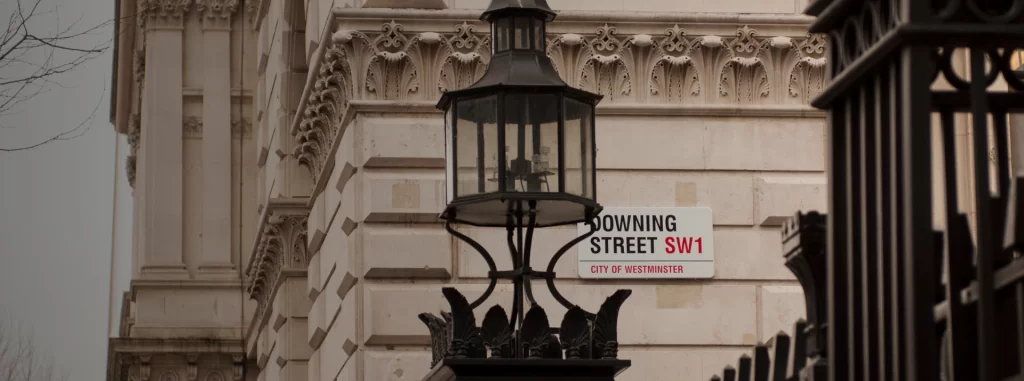
In our HR round-up for May 2024 we discuss some employment law updates for later in the year, as well as how the upcoming general election could impact employment law.
Originally set for July 2024, the changes to the tipping rules have now been postponed until 1st October 2024. This gives employers a few months more to prepare policies and processes. The final version of the Code of Practice has not changed drastically from the draft. It will see workers keeping 100% of their tips, although employers will still have the right to decide how the pot is distributed between staff but must have written policies. The Code of Practice is still awaiting confirmation from Parliament.
We touched on the proposed October 2024 changes in previous articles. As with April 2024, employers can expect to see many more changes to come.
The Worker Protection (Amendment of Equality Act 2010) Act 2023 will invoke a new duty for employers to take reasonable steps to actively prevent sexual harassment at work, not just deal with it if it happens. Consequences of employers failing to provide this prevention could include a 25% uplift in compensation at Tribunal.
The Workers (Predictable Terms and Conditions) Act 2023 will see workers being able to request more predictable hours and extend the right to request to those on fixed-term contracts as well as irregular and unpredictable hour contracts
The upcoming general election in the UK, scheduled for 4 July 2024, could indeed impact employment law changes.
There are plans to tighten rules around ‘fire and rehire’ practices, which have caused controversy in recent times. For example, in the case of P&O which made worldwide headlines.
So far, only a draft code of practice has been published. But if the government changes, these reforms may be reconsidered. Labour has already announced in its manifesto that it plans to replace the statutory code brought in by the current government with a strengthened code of practice.
The current government closed a consultation on the reintroduction of employment tribunal fees in March, but no response has been provided yet.
If the Conservatives lose power, there is nothing to say this may not be revisited.
Last year consultations were held regarding limiting the duration of non-compete clauses in employment contracts.
The government suggested a three-month timeframe, but no further updates have been announced. A new Government may seek to amend this suggestion.
Further reform of industrial action laws, including the introduction of minimum service levels during strikes in hospitals and schools, was anticipated.
The outcome of the election may influence the progress of these reforms.
Additionally, the Labour Party have outlined approximately 60 changes to employment laws that they would implement if they win the election. These include banning zero-hour contracts, amending trade union legislation, increasing living wage, and making unfair dismissal a day-one right.
Employers must stay informed about these potential changes. HPC can keep you updated regularly and adapt your policies and contracts accordingly.
Employers and HR professionals are likely set to see another very busy period in employment law changes whichever government wins the election.
To find out more information or if you require any advice surrounding these employment law updates get in contact with our team of experts.
T: 0330 107 1037
LinkedIn: High Performance Consultancy